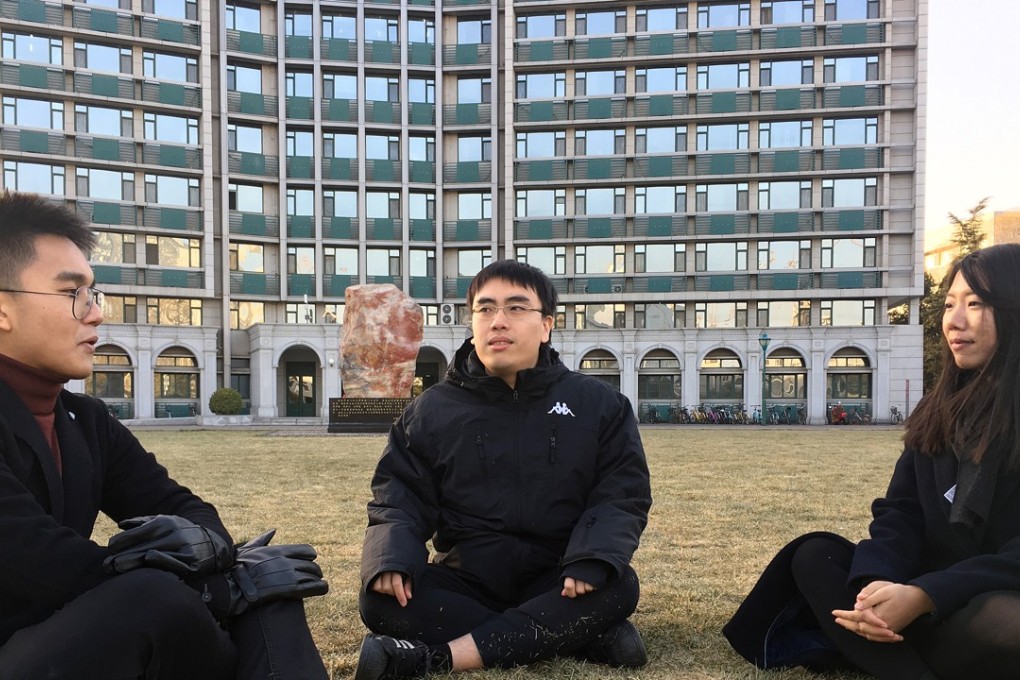Taxing issue clouds integration of Hong Kong with the mainland
The prospect of higher taxation looms for Hongkongers living or working over the border, creating uncertainty at a time when both sides should be coming together

Mainlanders will soon be paying less tax under a higher income tax threshold approved by the country’s top legislature. But many Hongkongers who live or work across the border may soon be paying more under a plan to tax overseas income. Economists have long called for tax cuts on the mainland to stimulate domestic consumption and drive economic growth. The argument has gained momentum amid the US trade war and a slowing economy, but it remains to be seen whether an increase in the threshold to 5,000 yuan (HK$5,740) from 3,500 yuan, putting a little more money in people’s pockets, will make much difference, rather than cuts in the progressive tax scale.
Hongkongers may notice the difference, however, if they are resident or earn their primary income on the mainland for more than half the year, because from next year they could also be paying tax on any other earnings around the world. That is subject to a five-year window for applying for exemptions. Hopefully, these will provide a sound basis for relief from a tax burden that will hardly help Hong Kong’s economic integration with the mainland.
One suggestion is to introduce preferential tax polices for the “Greater Bay Area” – China’s development project to integrate Hong Kong, Macau and nine mainland cities into an innovation and technology powerhouse to rival Silicon Valley in the United States.
In practice, however, exemptions can be difficult to justify and are easily abused. As a starting point, some clarification of the application of mainland tax is in order, especially in the context of concerns about double taxation because, after all, Hong Kong already has taxation arrangements with the mainland. It is only to be expected that those who are not permanently resident there will consider the option of adjusting their arrangements so they can avoid the proposed tax. It may be difficult to justify exemptions on equity grounds, but global taxation does seem too much. It would be unfortunate if the vision of encouraging talents to integrate in the Greater Bay Area is clouded at this early stage by fears and uncertainty about tax issues.
News of the taxation plan for next year took the shine off the opening of applications for a new identity card granting citizens of Hong Kong, Macau and Taiwan living across the border the same rights as mainlanders to access 18 different types of schemes and services. To be sure, it may be argued that if Hongkongers can access these entitlements they should pay their fair share of the taxation that funds them. However, the new ID card raises questions of privacy regarding personal data disclosed in applications, and fuels concerns about double taxation.